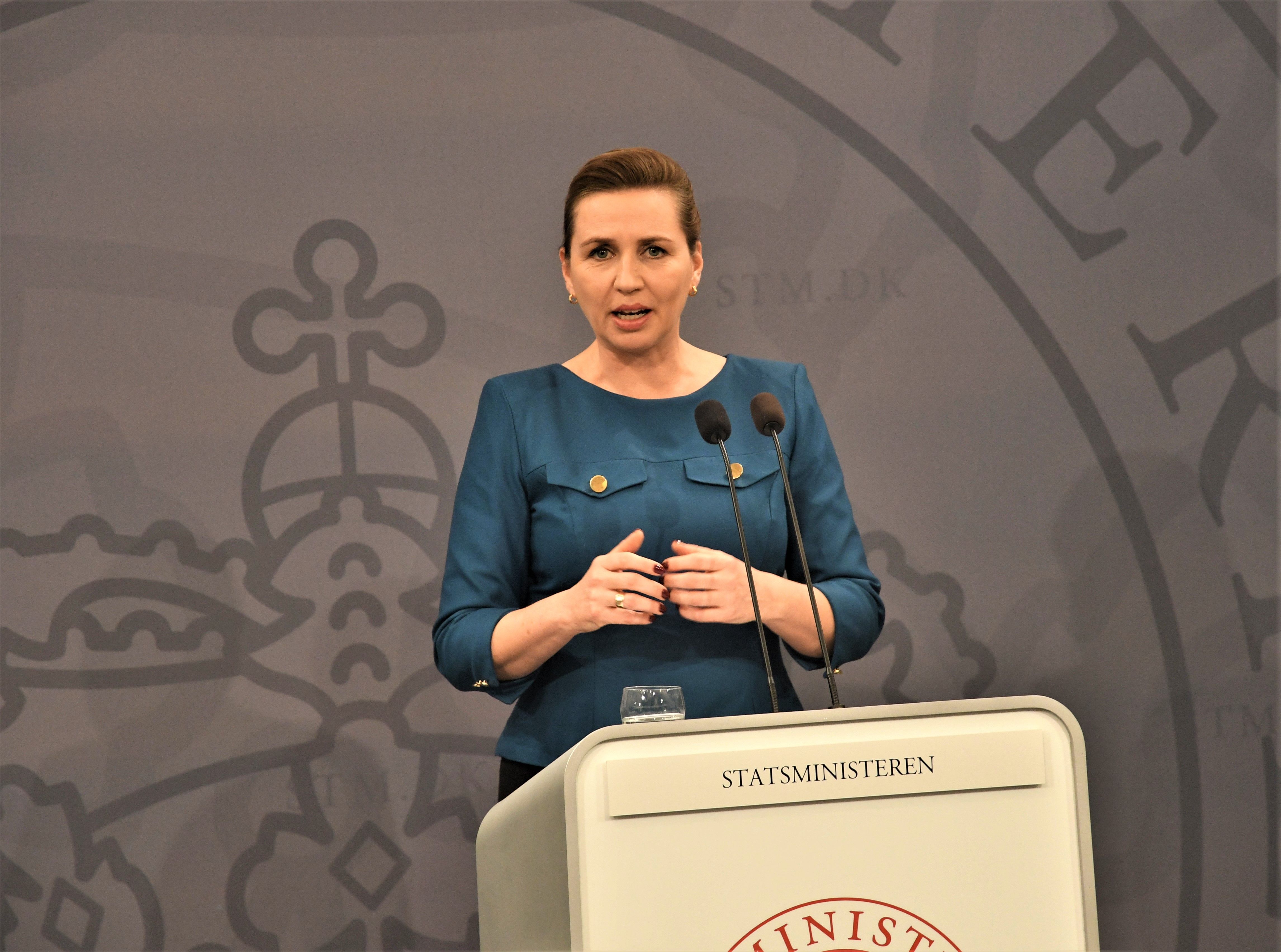The number of foreign criminals that have been deported rose by 35 percent between 2011 and 2012, according to new statistics from immigration authority Udlændingestyrelsen.
The justice minister, Morten Bødskov (Socialdemokraterne) said he was pleased that more foreign criminals had been forced to leave Denmark.
“Immigrants who commit crimes do not belong in Denmark,” Bødskov stated in a press release. “We will not accept their criminality. The new rules testify to the fact that our deportation regulations are effective and tight.”
The courts and Udlændingestyrelsen can decide to deport foreigners if they break laws or violate the terms of their residence permits. The number of deportations ordered by both has risen.
Between 2011 and 2012 the number of criminals sentenced to deportation rose from 1,019 to 1,379, while the number of deportations decided by Udlændingestyrelsen tripled, from 480 in 2009 to 1,370 in 2012.
When deciding whether to deport a foreigner, officials take into account the type of crime or indiscretion committed as well as the amount of time the person has been living in the country.
For example, a foreigner who has lived in Denmark for five years needs to be given a sentence of one year or more in order to be handed a deportation order. But after nine years in the country, the length of the sentence needed to justify a deportation rises to three years.
Foreigners convicted of serious crimes such as drug offences or violent crimes can be deported even if they are sentenced to shorter terms.
The figures were released a week after an 18-year-old Somali man managed to avoid a deportation order in connection with a conviction for raping a 10-year-old girl in 2011.
Last August Herning city court sentenced the man to deportation after completing his six-year sentence. Last week the Western High Court decided to suspend the deportation order, so long as the man did not commit another crime for two years.
The man’s lawyer welcomed the decision given that his client had little connection to Somalia, but the anti-immigrant Dansk Folkeparti argued that his connection to Denmark should not have been a factor in the decision to suspend the deportation.
“Deportation verdicts should be based on the seriousness of a crime, so that serious violence, rape, drug offences, murder, etc. should always call for an automatic expulsion from the country,” DF leader Kristian Thulesen Dahl wrote in his weekly newsletter.
Dahl also proposed implementing a so-called ‘three strikes and you’re out’ policy for less serious crimes.
“Individuals who commit such crimes have demonstrated to society that they are not interested in staying because they have chosen to break the law.”















